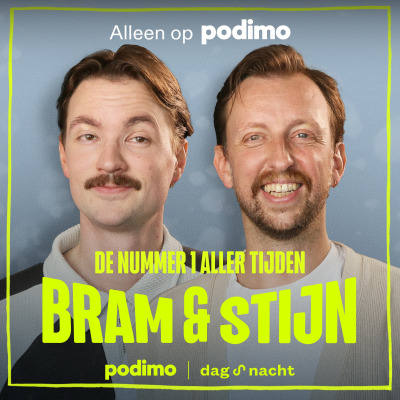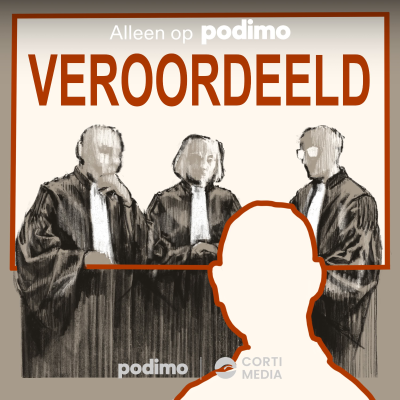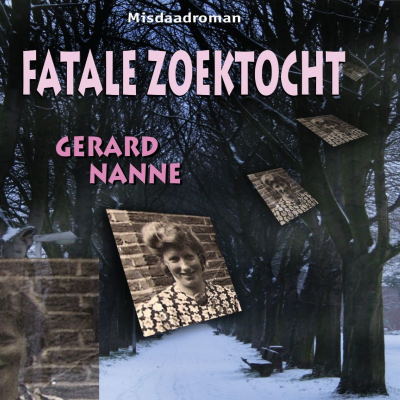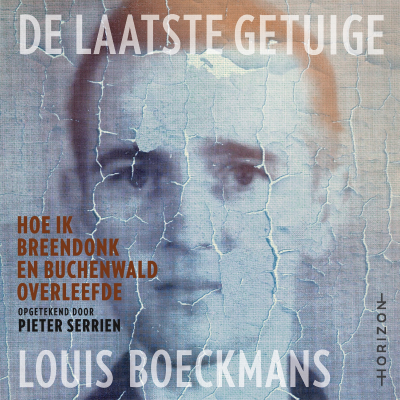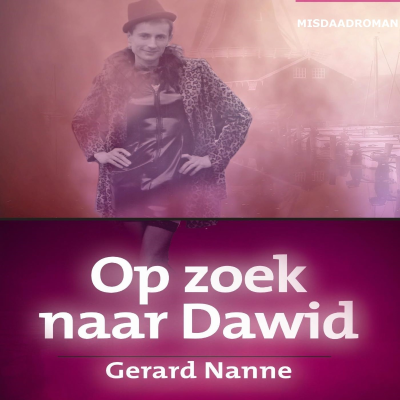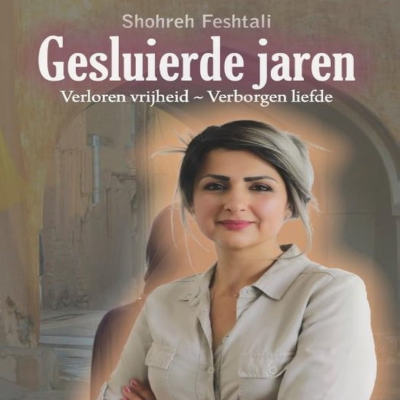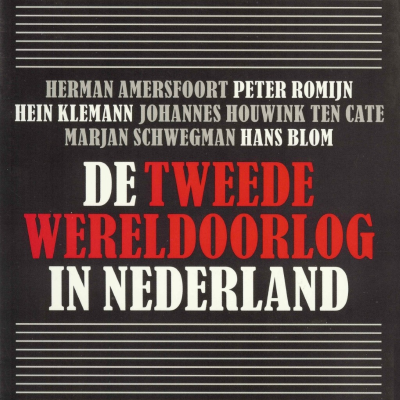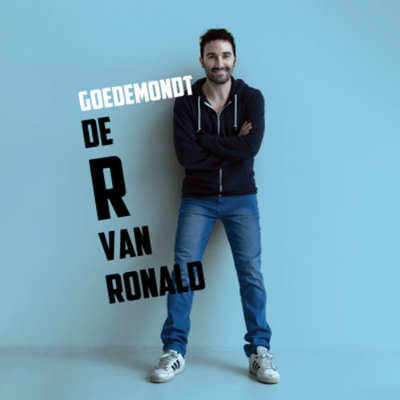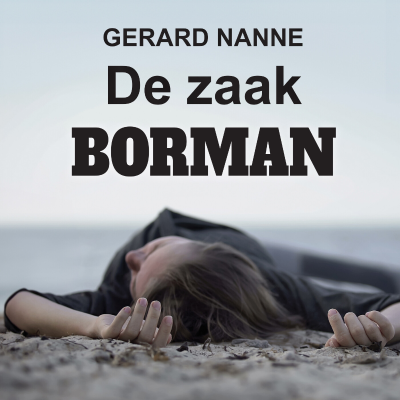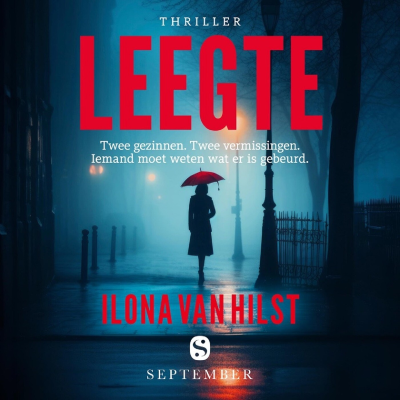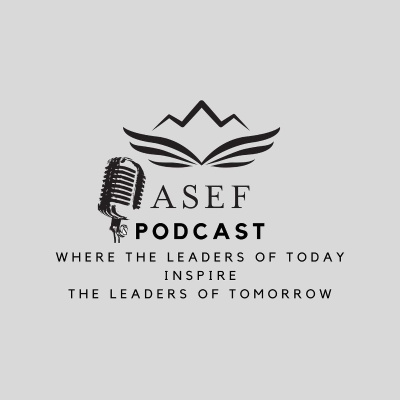
ASEF Podcast
Engels
Technologie en Wetenschap
Tijdelijke aanbieding
1 maand voor € 1
Daarna € 9,99 / maandElk moment opzegbaar.
- 20 uur luisterboeken / maand
- Podcasts die je alleen op Podimo hoort
- Gratis podcasts
Over ASEF Podcast
The American Slovenian Education Foundation (ASEF) is the leading foundation fostering talented individuals and higher education of deserving Slovenians worldwide through its exchange Fellowship programs and promotion of Slovenian culture and language. In the ASEF Podcast, we interview professors about their research, best practices in their field, and their vision for the development of the field in Slovenia as well as collaboration amongst Slovenians worldwide.Visit us at https://www.asef.net/ or reach us at podcast@asef.net.The podcast's introductory theme is the "C Minor Jazz Blues Backing Track" by Quist.
Alle afleveringen
48 afleveringenEpisode #48 (SLO): Iz Slovenije v svet: ASEF zgodbe, ki ustvarjajo prihodnost
Posebna epizoda ASEF podkasta - v živo iz Križank Z zadnjo epizodo 4. sezone ASEF podkasta zaključujemo pol leta navdihujočih pogovorov o znanosti, raziskovanju in povezovanju Slovencev po svetu. Tokrat je epizoda nekaj posebnega – posneli smo jo v živo na dogodku Arena Tehnologij v Križankah v Ljubljani! Pogovor je vodil Martin Jurkovič, gostje pa so bili štirje ASEF štipendisti: Zala Perko, Jaka Godejša in Domen Škerlep iz programa Raziskovanje v tujini (Research Abroad), ter Milena Zupanc iz programa Obisk Slovenije (Visit Slovenia). V sproščenem pogovoru delijo svoje izkušnje iz raziskovalnih obiskov v ZDA, Avstraliji in Sloveniji, razložijo, kako poteka prijava na program, kako poteka sodelovanje z mentorji in kaj vse ASEF ponuja svojim štipendistom – od raziskovanja in mreženja do osebne rasti in trajnih prijateljstev. Epizoda prinaša vpogled v življenje mladih raziskovalcev, kulturne razlike, akademske izzive in nasvete za vse, ki razmišljajo o prijavi na ASEF štipendijske programe. 📅 Prijave za program ASEF Raziskovanje v tujini 2026 so odprte do 2. novembra 2025! 🔗 Več informacij o razpisu: https://asef.net/event/open-applications-for-the-asef-research-abroad-program-2026/ [https://asef.net/event/open-applications-for-the-asef-research-abroad-program-2026/] 🎥 Celotno epizodo si lahko ogledate tudi na YouTubu: https://www.youtube.com/watch?v=a14j0yna47Y [https://www.youtube.com/watch?v=a14j0yna47Y] If you enjoyed this episode, share it with a friend, learn more about ASEF on our website [https://asef.net/sl/] and consider donating to support the ASEF's mission and programs [https://giving.classy.org/campaign/634954/donate]!
Episode #47 (EN): Attention Schema Theory (Illusion of consciousness) with Michael Graziano
In this episode of the ASF Podcast, neuroscientist and Princeton professor Michael Graziano joins host Tanja Janko to unpack his Attention Schema Theory. Graziano explains why consciousness can be understood as a self-model, how our brains construct simplified versions of ourselves and others, and why this illusion is both useful and inevitable. He contrasts his theory with Global Workspace Theory and critiques Integrated Information Theory, highlighting why a self-model is essential to any scientific account of consciousness. During the conversation, we also dive into the evolutionary roots of consciousness, the pitfalls of panpsychism, parallels with phantom limb phenomena, and what these ideas mean for humans, animals, and potentially machines. The discussion moves from the false belief task as a probe of the theory of mind, to reinterpreting the original Turing test. We also talk about what it would take to build conscious machines. We conclude the conversation with a look at the ethical dilemmas of mind uploading and why understanding consciousness may be the key to navigating the AI revolution —a transition as profound as the origin of life itself. If you enjoyed this episode, share it with a friend, learn more about ASEF on our website [https://asef.net/sl/] and consider donating to support the ASEF's mission and programs [https://giving.classy.org/campaign/634954/donate]!
Episode #46 (EN): Is the Self an Illusion? Jay Garfield on Buddhist Philosophy
What does it mean to have a self, and what if it’s an illusion? In this episode of the ASF Podcast, host Tanja Janko speaks with philosopher Jay Garfield, a professor specializing in Tibetan Buddhism, philosophy of mind, cognitive science, epistemology, metaphysics, philosophy of language, ethics, and hermeneutics. Garfield explains the Buddhist critique of dualism, parallels with Western thinkers like David Hume, and how neuroscience increasingly supports the idea of a non-central, non-enduring self. Through thought experiments, metaphors like a river or a lamp flame, and insights into consciousness, Garfield challenges our assumptions about what it means to exist. Along the way, he addresses some of philosophy and science’s biggest questions: * Why the self is an illusion, but not a hallucination * How persons persist through time without a fixed essence * How consciousness might be a conceptual mistake rather than a “thing” * Why philosophy must engage beyond the Western canon If you enjoyed this episode, share it with a friend, learn more about ASEF on our website [https://asef.net/sl/] and consider donating to support the ASEF's mission and programs [https://giving.classy.org/campaign/634954/donate]!
Epizoda #45 (SLO): Teja Batagelj o priložnostih digitalizacije zdravstva
🎙️ V zadnji epizodi podkasta ASEF Vertikale zdravstvo se Luka Petravić [https://www.linkedin.com/in/petravic/] pogovarja s Tejo Batagelj [https://www.linkedin.com/in/teja-batagelj-9478674/], v.d. direktorico Direktorata za digitalizacijo v zdravstvu na Ministrstvu za zdravje. Teja ima bogato karierno pot in več kot 20 let izkušenj na področju IT in digitalizacije. V pogovoru razpravljata o digitalizaciji slovenskega zdravstvenega sistema, izzivih in priložnostih, ki jih to prinaša, ter o različnih projektih, ki se izvajajo za izboljšanje učinkovitosti in dostopnosti zdravstvene oskrbe (Načrt za okrevanje in odpornost [https://www.gov.si/zbirke/projekti-in-programi/nacrt-za-okrevanje-in-odpornost/o-nacrtu-za-okrevanje-in-odpornost/zdravstvo-in-socialna-varnost/]). Kaj vas čaka v epizodi? 😎 1. Pot do trenutne pozicije Kako je gostja pristala v trenutni vlogi, kjer je združila znanja iz predhodnih delovnih mest na področju zagotavljanja naprednih digitalnih rešitev in optimizacije procesov. 2. Ključni projekti digitalizacije (NOO) NOO je pomemben mehanizem za razvojni preboj našega zdravstva. Govoriva o projektih NOO, ki jih trenutno izvajajo v slovenskemu zdravstvu. 3. Prednosti centraliziranih rešitev Razprava o prednostih centraliziranih rešitev v zdravstvu in kako lahko to olajša delo zdravstvenim delavcem ter poveča učinkovitost sistema. 4. Izzivi pri implementaciji Teja pojasnjuje izzive, s katerimi se soočajo pri uvajanju novih sistemov in projektov, zlasti na področju zagotavljanja ustreznega kadra in usposabljanja uporabnikov. 5. Pomen zakonodajnih sprememb (ZDigZ) [https://e-uprava.gov.si/si/drzava-in-druzba/e-demokracija/predlogi-predpisov/predlog-predpisa.html?id=16672&lang=si] Pogovor o ZDigZ, zakaj je pomemben in čemu služi. 6. Strateški podatki in dostop do informacij Kako zbiranje in analiza podatkov lahko pripomoreta k boljšemu odločanju in razvoju strategij v zdravstvu ter o tem, kako bodo te informacije dostopne javnosti. Povezave 🔗 1. Zvem aplikacija [https://ezdrav.si/wp-content/uploads/2025/02/Navodila-pacienti-Digitocka-SI-PASS-in-zVEM-5.00.pdf] 2. COVID-19 Sledilnik [https://covid-19.sledilnik.org/sl/stats] 3. Centralna baza zdravil [https://www.cbz.si/cbz/bazazdr2.nsf/Search/%24searchForm?SearchView] 4. Mediately [https://mediately.co/si] 5. SPOT [https://spot.gov.si/sl] 6. eUPRAVA [https://e-uprava.gov.si/?lang=si] 7. Epic naročanje [https://www.epicresearch.org/articles/patient-portal-use-associated-with-21-million-fewer-visit-no-shows-in-2024] 📌 Prisluhnite epizodi in odkrijte, kako digitalizacija zdravstvenega sistema lahko izboljša dostopnost in kvaliteto oskrbe ter kakšne priložnosti se odpirajo za prihodnost slovenskega zdravstva! If you enjoyed this episode, share it with a friend, learn more about ASEF on our website [https://asef.net/sl/] and consider donating to support the ASEF's mission and programs [https://giving.classy.org/campaign/634954/donate]!
Episode #44 (EN): Animal Dreams with David Peña-Guzmán: World of Animal Consciousness
Do animals dream? And if they do, what does it reveal about their minds, and our moral responsibilities toward them? In this episode of the ASF Podcast, host Tanja Janko speaks with philosopher and author David Peña-Guzmán, whose book When Animals Dream explores the emotional, cognitive, and ethical dimensions of animal dreaming. In this conversation, we unpack why dreaming is not just a human phenomenon, how animals’ dreams challenge our definitions of consciousness, and why dreams might be a powerful argument for animal rights. Topics include: * The SAM model of consciousness: Subjective, Affective, Metacognitive * Wittgenstein’s lion and the limits of human-centered thinking * Lucid dreams in animals (and why that might change everything) * Why dreaming is a sufficient condition for consciousness * The deep ethical implications for how we treat non-human animals Time stamps: 00:00 Intro 01:20 How David Became Interested in Animal Dreaming 06:10 Challenges of Studying Dreams (Especially in Animals) * Why dream research is difficult even in humans * Methodological limits 13:30 Zebra Finches Dreaming of Songs * Rats dream of mazes, but zebra finches rehearse their songs during REM sleep * Challenged the view that dreaming is exclusive to mammals * These birds move their throats as if silently singing while activating auditory + motor brain regions, suggests conscious rehearsal, not just unconscious memory consolidation 22:02 Dreams Require an Ego * All dreams are subjectively anchored, there is always a “dream ego” * Even if your dream body morphs (tentacles, flying, shrinking), you still have a perspective * This implies animals who dream likely have a subjective point of view, or a self 28:50 The SAM Model of Consciousness * Subjective: Ego/self-awareness * Affective: Emotional experiences * Metacognitive: Thinking about one’s own thoughts 39:50 Is thought fundamentally linguistic? * Dreaming joins language, emotion, tool-use as once “unique” human traits 46:25 Wittgenstein’s Lion & “Philosophical Monsters” * The idea of a non-conscious dreamer is a contradiction * Dreaming is a lived, subjective experience = proof of consciousness * Dreaming = sufficient (but not necessary) condition for consciousness 52:00 Dreams and Moral Status * Consciousness is the foundation of moral concern, therefore animals who dream are conscious → they matter morally 1:09:00 Outro - Book recommendations If you enjoyed this episode, share it with a friend, learn more about ASEF on our website [https://asef.net/sl/] and consider donating to support the ASEF's mission and programs [https://giving.classy.org/campaign/634954/donate]!
Kies je abonnement
Tijdelijke aanbieding
Premium
20 uur aan luisterboeken
Podcasts die je alleen op Podimo hoort
Gratis podcasts
Elk moment opzegbaar
1 maand voor € 1
Daarna € 9,99 / maand
Premium Plus
Onbeperkt luisterboeken
Podcasts die je alleen op Podimo hoort
Gratis podcasts
Elk moment opzegbaar
Probeer 30 dagen gratis
Daarna € 11,99 / month
1 maand voor € 1. Daarna € 9,99 / maand. Elk moment opzegbaar.


